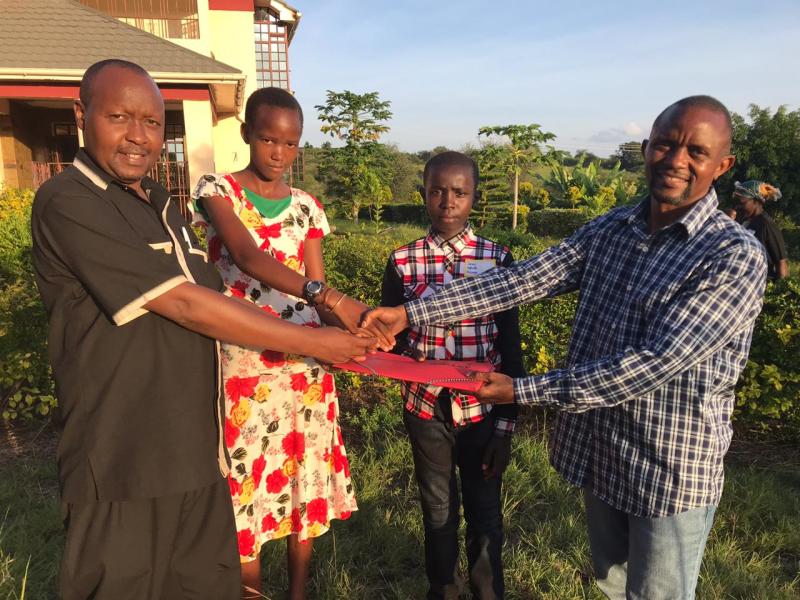×
The Standard e-Paper
Smart Minds Choose Us

In a country where philanthropy rarely comes with strict terms and conditions to the beneficiaries, one man is changing the script.
Tim Muli, a Kenyan civil engineer based in California, US, has set a standard for beneficiaries of an education sponsorship. Students must maintain a mean grade + (plus) or risk losing the scholarship of Muli Children’s International Education Programme (MCIEP), a sponsorship programme based in California but which has so far seen 45 students through secondary education here in Kenya.